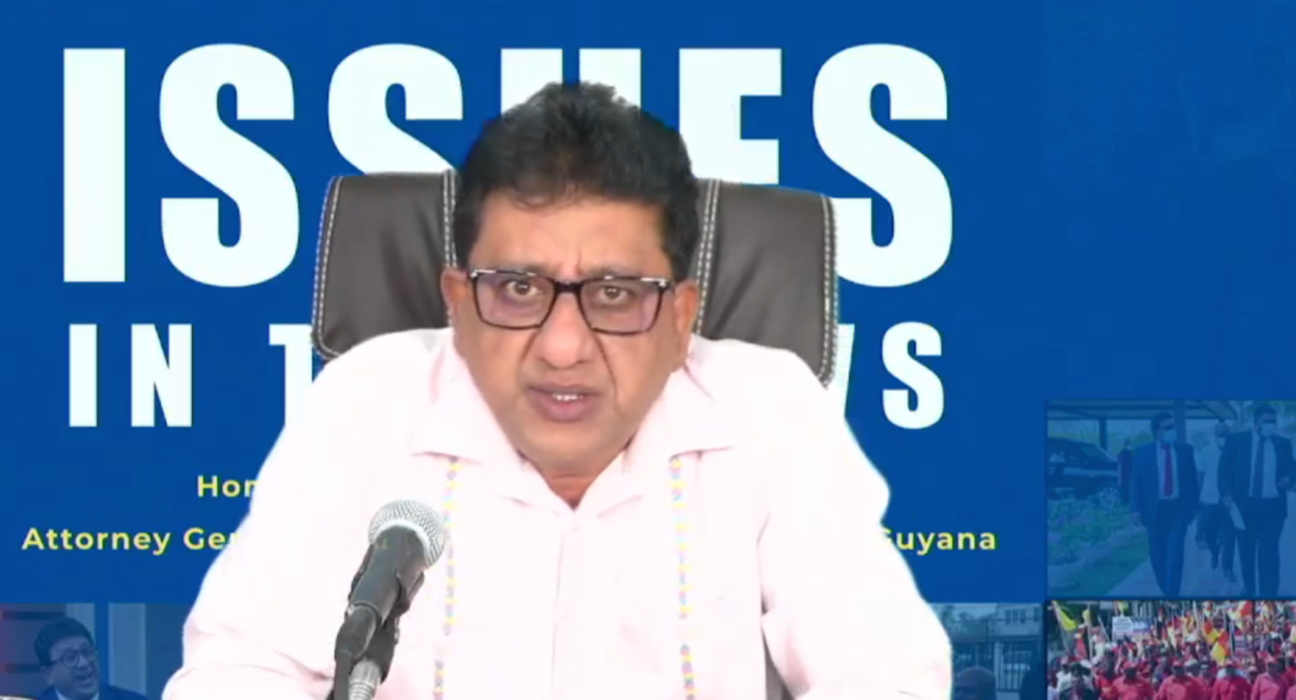The ongoing election fraud case in Guyana has faced yet another delay, with Attorney General and Minister of Legal Affairs Anil Nandlall expressing his dissatisfaction with the situation.
The case has been postponed for an additional six weeks due to the leave of presiding Magistrate Leron Daly.
Initially, the case was expected to resume following a 30-day sick leave granted to Magistrate Daly.
However, on the scheduled day of the hearing, attorneys were informed that the Magistrate’s leave had been extended.
Acting Chief Magistrate Faith McGusty indicated that if Magistrate Daly remains unwell by the end of October, the case may be reassigned to another magistrate, contingent upon the outcome of the upcoming adjourned date.
In a recent broadcast, the Attorney General described the ongoing delays as a deliberate attempt to hinder the proceedings.
He noted that the prosecution has faced numerous technical objections, most of which have been overruled, and prior challenges filed in the High Court have been dismissed.
Nandlall criticized the legal system’s ability to manage the case efficiently, indicating a concerning lack of capacity that prevents timely hearings and resolutions.
He stressed the need for the judiciary to act swiftly to restore its credibility.
Since the trial began on July 29, only two witnesses have provided testimony.
The prosecution has requested attention to issues related to evidence handling and trial conduct, but these efforts have been complicated by the Magistrate’s ongoing medical leave.
The defendants in this case—Keith Lowenfield, Roxanne Myers, Clairmont Mingo, Volda Lawrence, Carol Smith-Joseph, Sheffern February, Enrique Livan, Denise Bobb-Cummings, and Michelle Miller—are facing 19 conspiracy charges in connection with alleged fraudulent activities during the 2020 Elections.
As the case continues to be delayed, concerns grow over the implications for justice and the legal process in Guyana.

